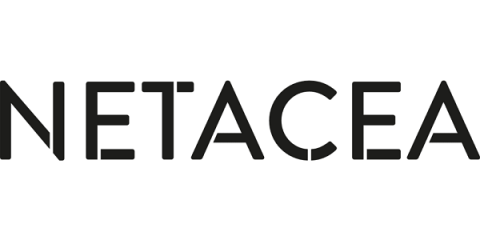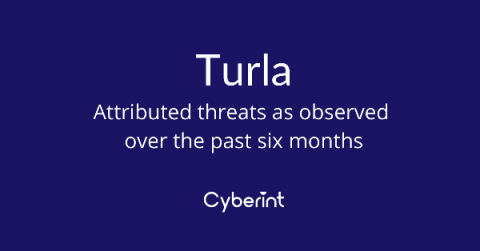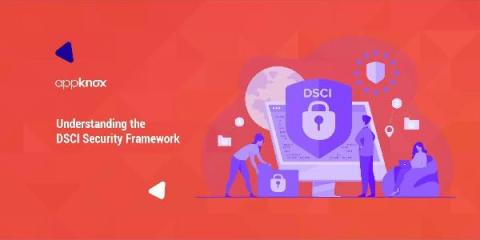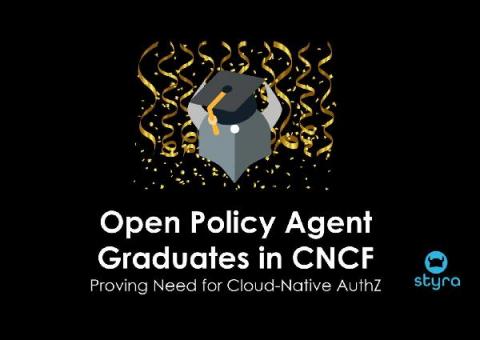AppSec Bites Part 2: Top 3 Things to Consider When Maturing Your AppSec Programs
When it comes to maturing an AppSec program, there are several best practices that can help you get started. In part two of our AppSec podcast series, Tim Jarrett, Director of Product Management at Veracode, and Kyle Pippin, Director of Product Management at ThreadFix, share the top 3 things they’ve learned from organizations that have successfully matured and scaled their AppSec programs.










